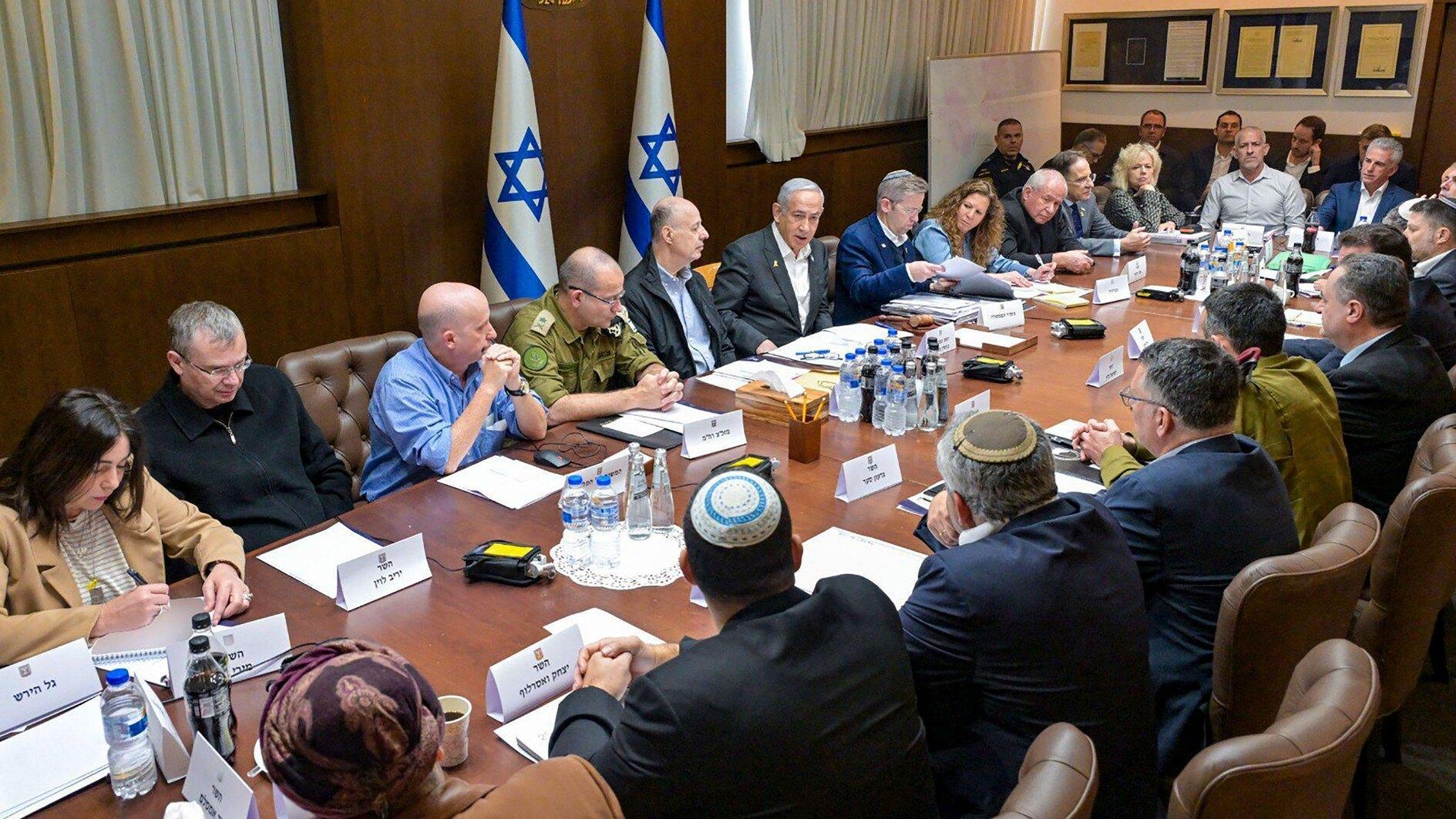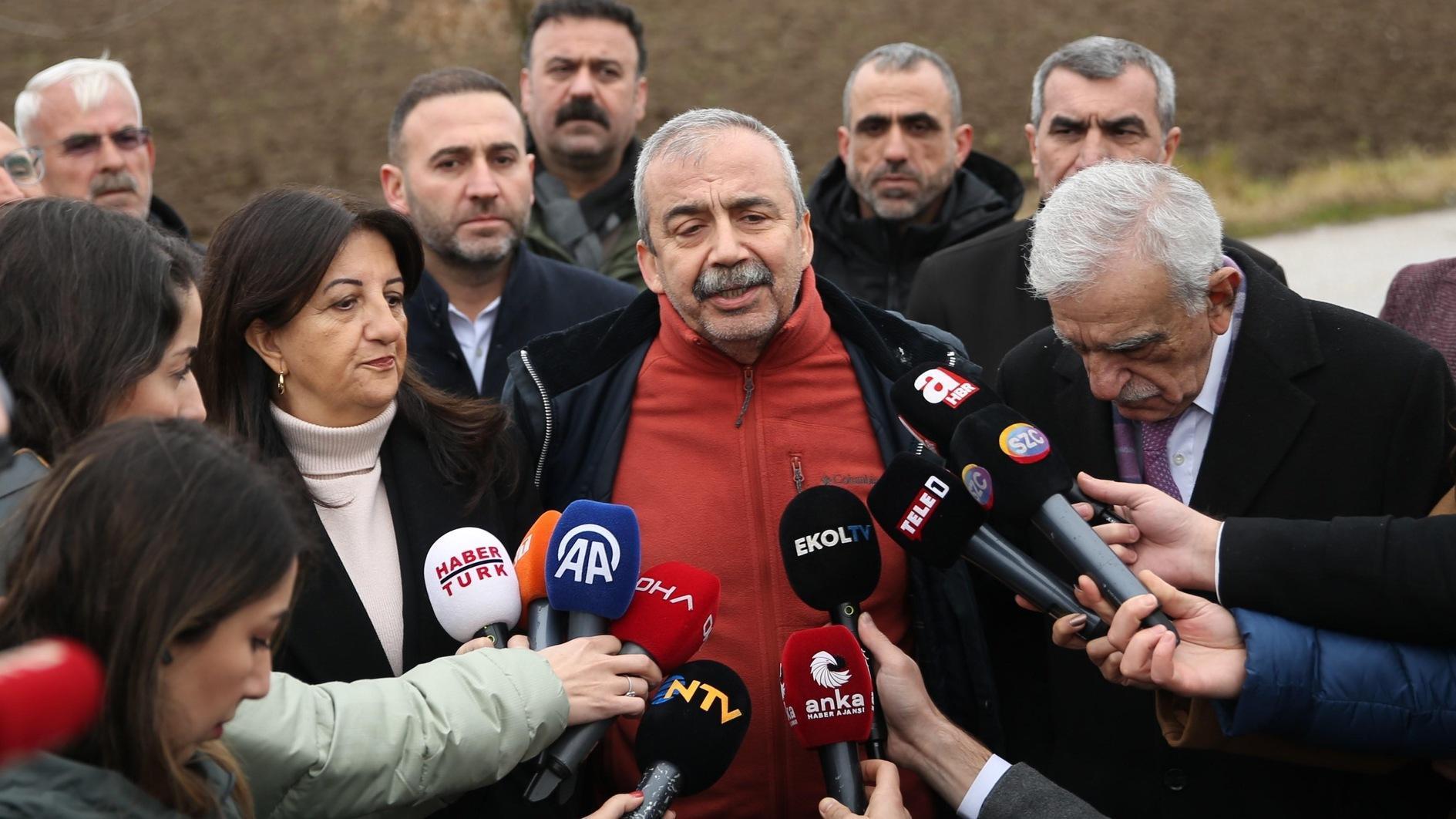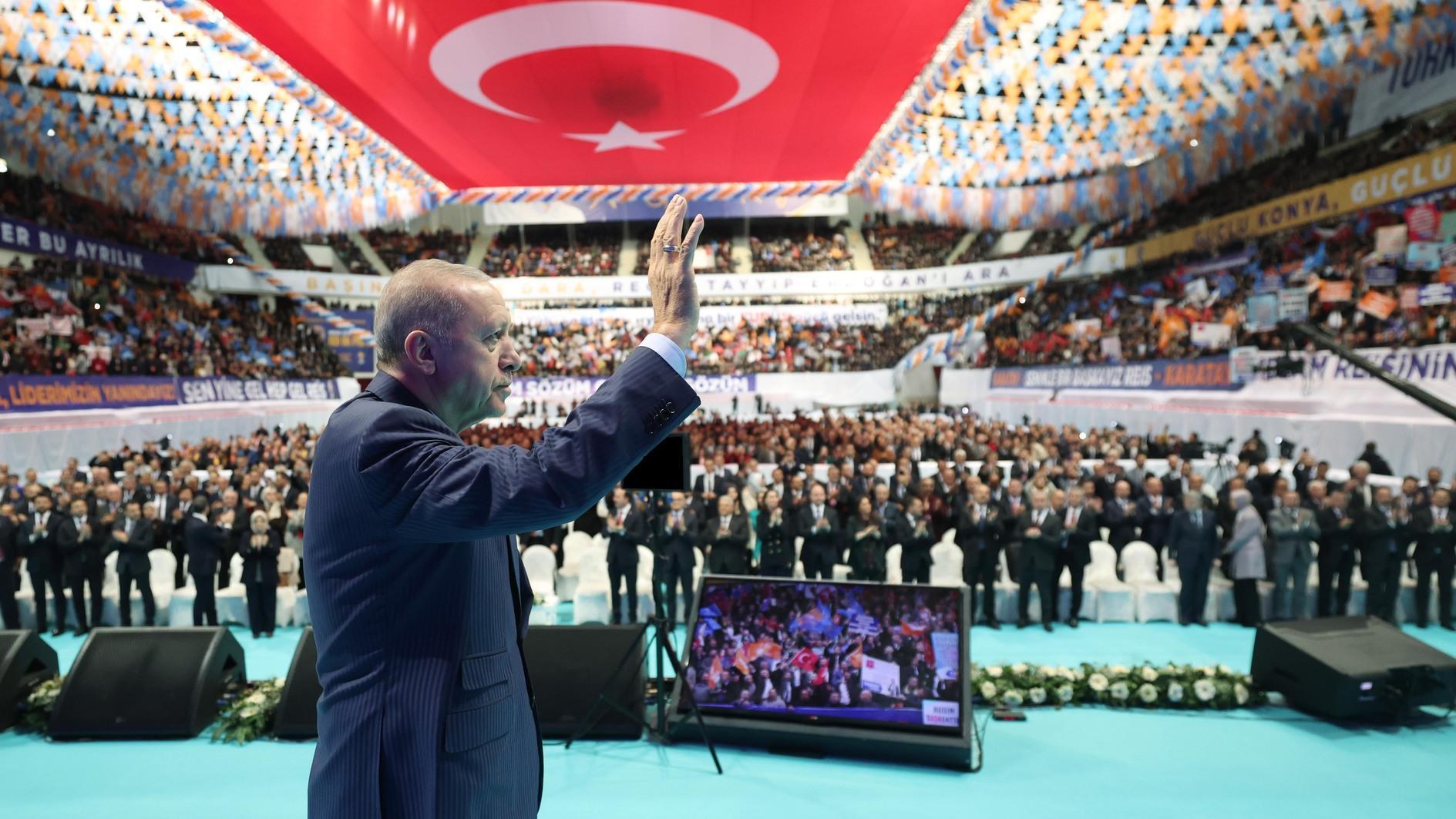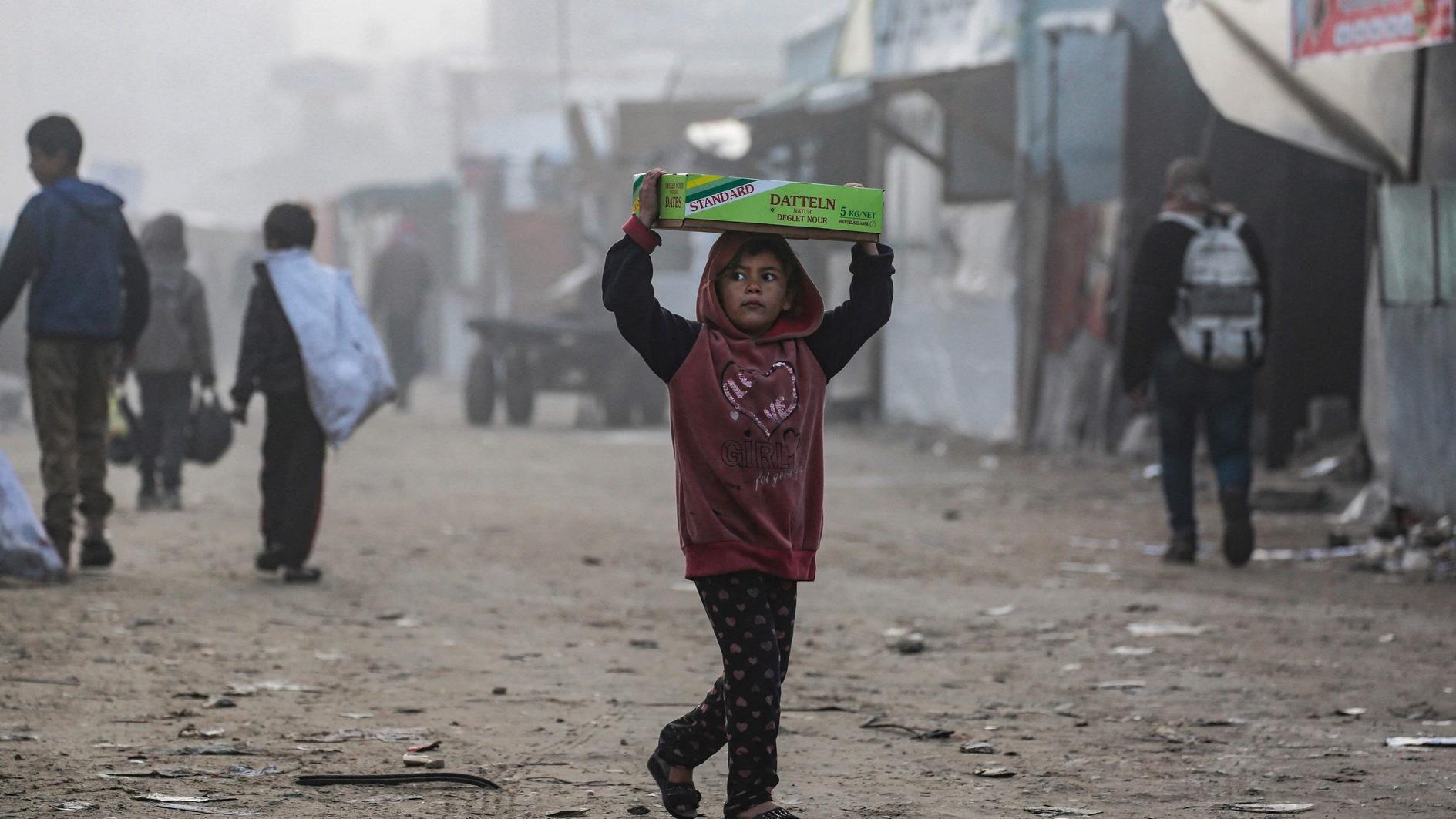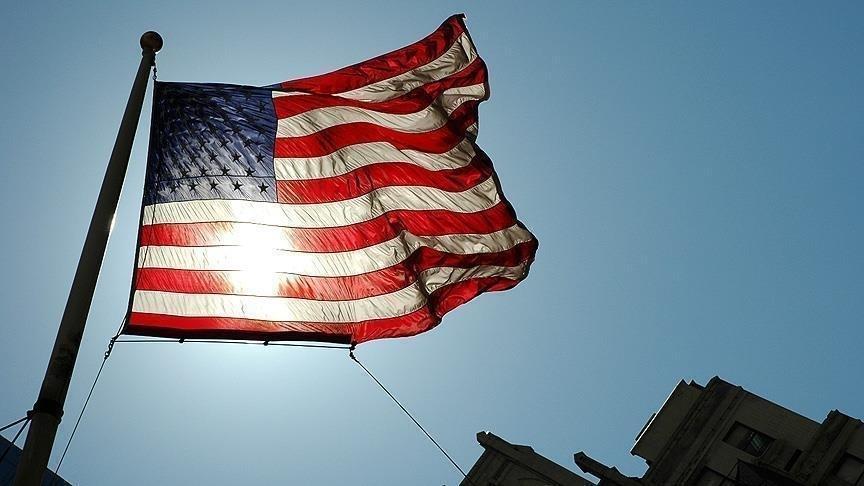Turkey rushes to send troops to Libya amid Idlib tension
According to the senior officials from the ruling Justice and Development Party (AKP), a bill to seek parliamentary consent for the deployment of troops to Libya will be submitted to parliament this week, much before the announced timing.
President Recep Tayyip Erdoğan had said that his government would submit the bill to parliament once it re-opens on Jan. 7 so that necessary voting could take place either on Jan. 8 or 9.
Today’s plan, however, suggests that the motion would be sent to parliament on Dec. 30 so that it could be voted on Jan. 2. In accordance to this new timing, Foreign Minister Mevlüt Çavuşoğlu will visit the leaders of the opposition parties on Dec. 30 to inform them about the government’s Libya policy and why deploying troops to the war-torn country is necessary.
His tour will include Kemal Kılıçdaroğlu, the chairman of the main opposition Republican People’s Party (CHP), Meral Akşener the chairwoman of İYİ (Good) Party as well as Devlet Bahçeli, the head of the Nationalist Movement Party (MHP), but not the Peoples’ Democratic Party (HDP).
Kılıçdaroğlu made clear that his party will not vote in favor of sending troops to Libya. Akşener did also underline that she is not supporting the idea but has to consult with her party officials before announcing her party’s position on the vote. The HDP will stand against the motion as well while the MHP will likely stand with the AKP on sending troops to Libya. A simple majority is required for the motion and the AKP-MHP votes will suffice to get the parliamentary consent.
Although the details about a potential Turkish military deployment in Libya are not yet disclosed, it’s expected to pursue a non-combat mission although a bilateral agreement between Ankara and Tripoli on security and defense cooperation leaves room for a broader engagement. The deal permits Turkey to allocate air, ground and naval vehicles to Libya’s U.N.-backed National Government Accord (NGA) and to establish a Rapid Reaction Force as well as a joint security and defense office. The protection of the Tripoli government against General Khalifa Haftar’s forces seems to be the immediate concern of the Turkish mission.
Security sources have made sure that the army has the capacity to do its best in Libya once the political decision is taken although there is not much news on the level of preparedness of the troops and the transport of the logistics. Differently from the Syrian theater, the geographical distance will make the Turkish deployment and operations in Libya much more difficult and expensive as it requires a permanent logistical supply mechanism through the Mediterranean.
Having said all about the impending Libya mission, there are some other concerns for the Turkish army stemming from the Idlib province of Syria. On Dec. 29, Defense Minister Hulusi Akar and all the top commanders of the Turkish army paid a visit to Hatay, a border city across Idlib and inspected the troops.
A long statement by Akar that denounced the latest attacks by the Syrian regime forces against the radical jihadist groups in the Idlib province was blaming Russia as these acts were in violation of the Sochi deal between Ankara and Moscow. The minister reiterated Turkey’s calls on Russia to use its influence on Syria for giving an end to these attacks that already created a fresh refugee flow towards the Turkish borders.
Despite pressure from Syria and Russia, Akar confirmed once again that Turkey will not abandon its military positions inside Idlib and will be sticking to its commitments underlined by the Sochi deal.
All these developments come before a scheduled meeting between Erdoğan and Russian President Vladimir Putin on Jan. 8 in Istanbul for the inauguration of the TurkStream pipeline. For many in Ankara, escalation in Idlib is not totally irrelevant to the developments in Libya where Turkey and Russia support the opposite camps.
At a moment when Haftar forces are preparing for what they call a decisive attack to capture Tripoli and the Syrian regime has intensified its attacks in Idlib, it will remain to be seen to what extent Turkey’s military and diplomatic offensive would protect the Tripoli government and avoid a new humanitarian tragedy just on the other side of its borders.



